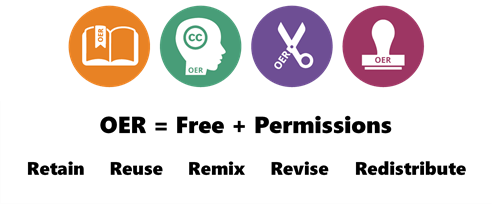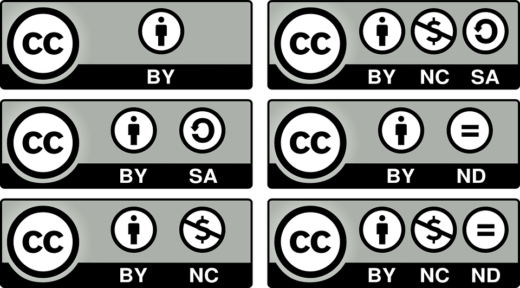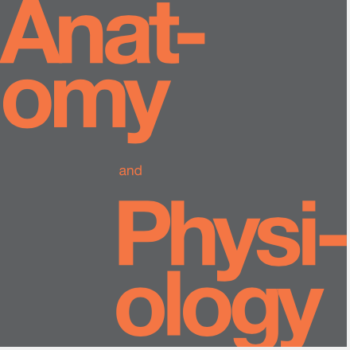Open Education at NEBHE
The New England Board of Higher Education strongly believes that all students deserve unfettered access to their learning materials on the first day of class, regardless of their ability to afford them. That’s why NEBHE launched its Open Education initiative in 2019 to assist in and build upon coordinated state strategies, enhance and promote effective policy frameworks and share best practices to ultimately accelerate the integration of Open Education and Open Education Resources in the Northeast. We work closely with our public and independent institutions, states, and regional compact partners to continually learn how we can best step up to support the ever-changing landscape of Open Education.
 In her 2019 keynote at the Open Education Global Conference, Cheryl-Ann Hodgkinson-Williams of the University of Cape Town in South Africa defined “open education” as an umbrella term that encompasses the products, practices and communities associated with this work. The common term that represents the products of Open Education is OER (Open Educational Resources). OER are teaching, learning, and research materials in any medium that reside in the public domain or have been released under an open license that permits no-cost access, adaptation, and redistribution by others. OER can be print or digital.
In her 2019 keynote at the Open Education Global Conference, Cheryl-Ann Hodgkinson-Williams of the University of Cape Town in South Africa defined “open education” as an umbrella term that encompasses the products, practices and communities associated with this work. The common term that represents the products of Open Education is OER (Open Educational Resources). OER are teaching, learning, and research materials in any medium that reside in the public domain or have been released under an open license that permits no-cost access, adaptation, and redistribution by others. OER can be print or digital.
An open license permits a creator(s) of a resource to retain copyright, while simultaneously allowing others to participate in the 5R activities of OER:
- Retain: Make, own, and control your own copy of content
- Reuse: Use the content as-is
- Revise: Adapt, adjust, modify, improve, or alter the content
- Remix: Combine the original or revised content with other content to create something new
- Redistribute: Share your copies of the original content, revisions or remixes with others
The vast majority of open textbooks have a Creative Commons license that allows for editing, adapting and making derivatives. Learn more about Creative Commons licenses here.

 An open textbook is just like a traditional, commercial textbook in terms of content, but it has a license that makes it free for anyone to access, redistribute and retain in perpetuity, and in many cases revise and remix the content to make a customized copy. The author, or the copyright holder, gives you explicit permission to use an open textbook just by giving it an open license.
An open textbook is just like a traditional, commercial textbook in terms of content, but it has a license that makes it free for anyone to access, redistribute and retain in perpetuity, and in many cases revise and remix the content to make a customized copy. The author, or the copyright holder, gives you explicit permission to use an open textbook just by giving it an open license.
Like OER, inclusive access models aim to ensure that all students have access to their learning materials on day one of class, but the cost is rolled into their tuition (OER is free). Students lose access to these materials after the semester ends because of copyright restrictions and license agreements between the publisher and the institution. True OER, in contrast, allow students to retain their learning content in perpetuity, serving students and learners of all ages and stages. This is important for students who may have to retake a course or who are enrolled in a sequence (ex. Biology I and Biology II), where having access to the previous semester's book is essential.
While the Open Ed community emerged to address the rising cost of textbooks, practitioners quickly realized that openly licensed materials allow for innovative, learner-centric pedagogies. Educators are engaging their students in content creation and seeing the impact of their learning through this "open pedagogy." Even in the Open Ed community, the term open pedagogy takes on several different definitions depending on who you ask, but the basics are built upon the foundational principles of emancipatory, constructionist, and constructivist pedagogies. To learn more about what several practitioners are doing and how they define it, check out the Open Pedagogy Notebook.
